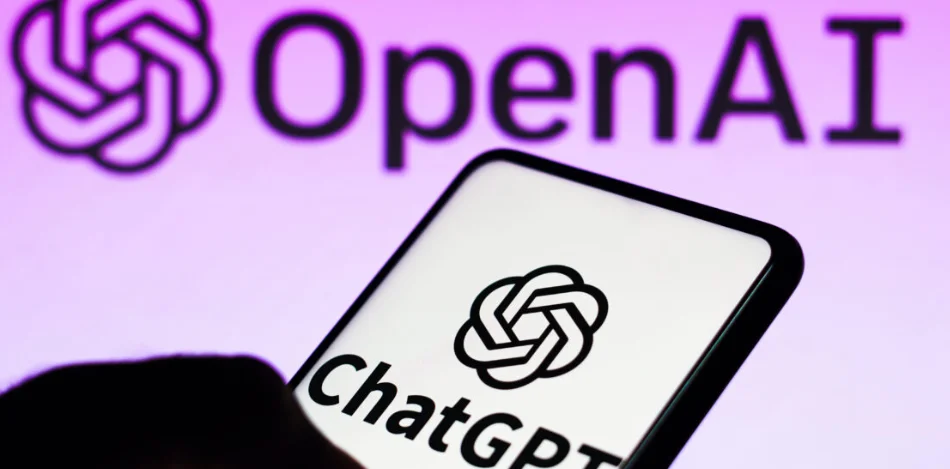OpenAI Unveils Study Mode in ChatGPT to Curb AI Misuse and Boost Student Learning
OpenAI has officially launched Study Mode in ChatGPT, a new feature designed to help students learn more effectively by promoting critical thinking and deeper understanding instead of simply providing ready-made answers. The rollout comes amid rising global concerns over the misuse of AI tools in education.
Study Mode is now available to all logged-in ChatGPT users, including those on Free, Plus, Pro, and Team plans, with ChatGPT Edu users set to gain access in the coming weeks.
Study Mode Encourages Learning, Not Just Answers
With ChatGPT widely used as a learning tool for solving assignments, preparing for exams, and breaking down difficult subjects, educators have raised alarms over students using it to shortcut real learning.
OpenAI said Study Mode was developed in response to those concerns.
“Study Mode engages students with guided questions that match their learning goals and skill levels, encouraging curiosity and a stronger grasp of the material,” the company stated on Tuesday.
Built with Educators and Scientists for Better Outcomes
Unlike standard chatbot responses, Study Mode was developed in collaboration with teachers, learning scientists, and educational experts, incorporating evidence-based techniques such as:
- Active participation
- Cognitive load management
- Metacognition
- Supportive feedback
These principles form the foundation of Study Mode’s design, shifting ChatGPT from a solution provider to an interactive learning assistant.
Key Features of ChatGPT Study Mode
The new feature offers several tools to encourage active, personalised, and engaging study experiences:
- Interactive Prompts: Uses Socratic questioning and self-reflection to guide learning rather than give direct answers.
- Scaffolded Responses: Breaks down complex concepts into digestible steps for easier understanding.
- Personalised Support: Adjusts responses based on the student’s previous interactions and skill level.
- Knowledge Checks: Includes quizzes, exercises, and feedback loops to reinforce learning.
- Flexible Use: Users can turn Study Mode on or off anytime during a conversation.
Why It Matters: AI, Education, and Academic Integrity
A June 2025 study found that students who used ChatGPT to write essays showed lower brain activity than those who used Google or no digital tools, raising red flags among educators. While schools initially banned ChatGPT in 2022, many eased restrictions by 2023 as the tool became increasingly embedded in student workflows.
“Features like Study Mode are a positive step toward ensuring AI supports—not replaces—real learning,” said Robbie Torney, Senior Director of AI Programs at Common Sense Media.
ChatGPT vs. Competitors in AI-Powered Learning
The release of Study Mode comes shortly after OpenAI’s rival, Anthropic, introduced a similar educational feature in its Claude chatbot, as the AI race increasingly focuses on ethical and effective learning applications.
However, OpenAI acknowledges that the feature is not tamper-proof. Students can still toggle off Study Mode and return to the default ChatGPT behaviour if they prefer quick answers.
What This Means for Students and Educators
With Study Mode, OpenAI aims to redefine the role of AI in education, transitioning ChatGPT from an “answer engine” to a reliable study partner.
By encouraging metacognitive thinking, self-directed learning, and interactive problem-solving, Study Mode aligns with modern educational values and aims to foster responsible AI use in academic environments.



